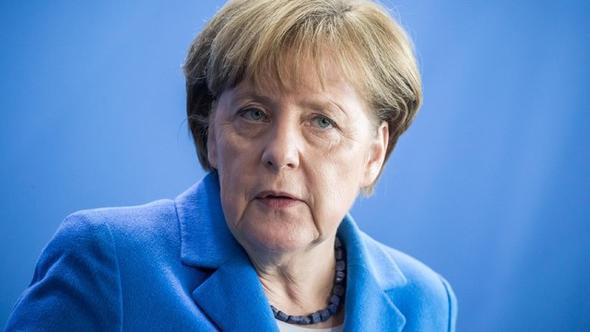Germany’s coalition talks improve on agreement on energy, wrangle
BERLIN - Reuters

German Chancellor Angela Merkel’s conservatives and the Social Democrats (SPD) reached agreement on energy and agriculture on Feb. 3, but were still in dispute over healthcare during talks to form a government, more than four months after the election.
The two camps aim to seal a deal to renew the “grand coalition” that has governed since 2013.
Speaking at the end of talks on Feb. 3, conservative politician Michael Grosse-Broemer said the two blocs intended to stick to the timeframe but issues like labor policy, healthcare and rents still needed to be resolved.
“The coalition treaty is slowly taking shape but we’ll only be able to say with more certainty tomorrow whether it will come to a conclusion,” he said.
SPD deputy Manuela Schwesig urged the conservatives to compromise on abolishing fixed-term contracts for workers and reforming Germany’s public-private healthcare system.
“I don’t think Mrs Merkel can explain why there can’t be any movement there,” she said as she arrived for talks.
The SPD wants to prove to its skeptical members that it would be able to push through those core policies in the role of junior partner to make another “grand coalition” more appealing.
Many of the SPD’s 443,000 members - who will get to vote on any coalition deal - would prefer their party to revamp in opposition rather than join another alliance with Merkel after suffering their worst post-war election result in September.
Healthcare is a big stumbling block and party sources said Merkel and her Bavarian ally Horst Seehofer discussed the issue before meeting the SPD.
Most Germans have public health insurance, but a minority, mainly high earners, have private insurance instead. The SPD wants to replace the system with one insurance system for all, a change the conservatives reject.
















